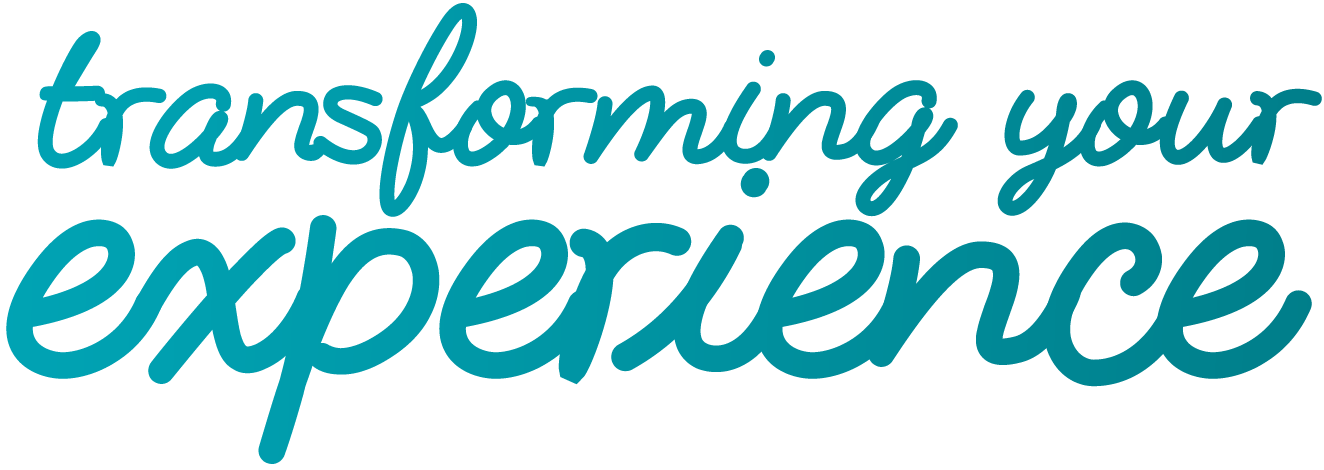What happens next?
If Triple Zero (000) is called:
- Stay calm and call Triple Zero from a safe place.
- Don’t hang up until the operator asks you to do so.
- The operator will ask you which emergency services you require – police, fire or ambulance – and will connect you. The operator may ask where you are calling from.
- It is important to remember to stay calm, stay on the line and clearly answer the operator’s questions.
- You will be asked to provide location details. Try to provide the street number, street name, nearest cross street and the area.
- If you have difficulty speaking English, you can ask for an interpreter once you have been transferred to the emergency service you requested. This is a free service.
Emergency Services Response:
Depending on the situation, if Triple Zero is called, either the Police or Ambulance Service may respond. The Police and/or Ambulance services will make a decision about the most appropriate course of action given the situation. This might include bringing a person to hospital for a mental health assessment or requesting the support of the community-based mental health services.
There are some circumstances (usually where there is risk to a person and/or others) where the Police and Ambulance services can use powers under the Mental Health Act 2007 (NSW) to bring a person to the hospital. More information about involuntary hospitalisation can be found by clicking on the following links to Fact Sheets:
Understanding Involuntary Treatment
Understanding the Mental Health Act
If the Mental Health Line is called:
If the Mental Health Line is called, there will be prompts to choose from and these will direct you to a mental health professional who will:
- take your details
- discuss the situation
- make a collaborative plan with you; and
- where necessary, contact the local Community Mental Health Emergency Team (CoMHET) or Mental Health Crisis Team.
- The local CoMHET or Crisis Team will then contact you and develop a plan which may involve talking over the phone, visiting the home or asking the person to come to the local Community Health Centre or Hospital Emergency Department for a more thorough assessment.
|

